Exploring the Life and Legacy of Quintus Aurelius Symmachus
Introduction to Symmachus: A Pillar of Roman Tradition
Quintus Aurelius Symmachus stands as a pillar of late Roman history, emblematic of the challenges faced by the aristocratic class in the waning days of the Western Roman Empire. His life, lived from approximately 345 to 402 AD, intertwined deeply with the political, cultural, and religious transformations of Rome. As a statesman, orator, and writer, Symmachus' legacy offers a poignant glimpse into a world grappling with both internal strife and the relentless passage of tradition towards modernity.
Symmachus was intrinsically tied to the senatorial elite of Rome, a class that was gradually losing its grip on power as emperors centralized authority. His upbringing was steeped in the classical education and traditional values of the Roman elite. This education instilled in him a sense of duty to preserve the virtues and customs that had defined Roman identity for centuries. As Rome's societal fabric began to fray under the pressures of economic instability, military overreach, and external threats, Symmachus became a vocal advocate for the preservation of pagan rites and philosophies.
Political Influence and Correspondence
Symmachus' political career was marked by his tenacious advocacy for the senatorial order. He held numerous significant offices, including that of the Urban Prefect of Rome and consul in 391 AD. Known for his eloquence and rhetorical skill, he utilized his oratory talents to navigate the complex political dynamics of his time.
One of his most well-documented roles was his ambassadorship to the court of Emperor Valentinian II. This mission aimed to request the restoration of the Altar of Victory, which had been removed from the Roman Senate House by the Christian Emperor Gratian. Symmachus' Relatio 3, a formal letter advocating for the altar's return, is a cornerstone of his legacy. In it, Symmachus presented a reasoned argument appealing to the traditional values of Rome, underscoring the belief that divine favor was tied to Rome’s historical commitment to its ancestral gods.
The failure of this mission to restore the altar symbolizes a broader transition within the empire. The decline of classical pagan traditions and the rise of Christianity were reshaping the religious landscape of Rome, tensions palpable between the adherents of old and new. Symmachus' correspondence vividly captures the fraught dialogues of this transitional period, and his reluctance to abandon pagan customs illustrates the deep cultural shift underway.
The Symmachian Literature: A Window into Roman Aristocracy
The value of Symmachus' written work cannot be understated. His corpus of letters, consisting of approximately 900 personal correspondences, provides an unparalleled window into the life and mindset of the Roman aristocracy at a time of significant upheaval. These letters are not only a reflection of his personal ideals but also serve as historical documentation of the era’s political, social, and economic conditions.
Through these letters, Symmachus reveals his astute political acumen and the intricacies of relationships within the Roman elite. He corresponded with other leading figures of his time, including rhetoricians, fellow senators, and church officials, showcasing the dense web of influence and negotiation that characterized Roman governance. His writings convey a profound sense of loss and nostalgia as he witnessed the gradual erosion of the traditional values that he held dear.
Symmachus' literary style was deeply rooted in the classical traditions of Cicero and other great Roman orators, emphasizing clarity, elegance, and persuasion. His writings were imbued with reverence for the past, resonating as both a defense of his patrician ideals and a lament for their passing.
A Legacy Enshrined in Transition
Today, the life and works of Quintus Aurelius Symmachus continue to be an invaluable resource for understanding the complexities of late antiquity. His attempts to uphold traditional Roman values against a rapidly changing cultural and religious backdrop underscore the tensions between continuity and transformation that defined his era. Through his letters and public service, Symmachus remains a testament to the resilience of cultural identity in the face of inevitable change.
As scholars delve deeper into the remnants of his work, they are reminded of the enduring struggle between the desire to preserve tradition and the necessity of adaptation. Symmachus' poignant advocacy for Roman customs reflects a broader narrative of resistance to change, a narrative still relevant in our contemporary world where cultural and ideological shifts continue to challenge historical norms.
Symmachus and the Defense of Paganism
The role of religion in the life of Quintus Aurelius Symmachus is a crucial aspect of understanding his historical significance. Symmachus lived during a period when Christianity was consolidating its power across the Roman Empire, often at the expense of traditional pagan practices. As a staunch advocate of the old Roman religious customs, he found himself in conflict with the growing Christian influence within the imperial administrative structure.
Symmachus’ most renowned effort in this religious arena was his address to Emperor Valentinian II regarding the restoration of the Altar of Victory. This altar, a symbol of Rome’s pagan past, had been removed by the Emperor Gratian in 382 AD as part of a wider campaign to minimize pagan influences within the Roman state. Symmachus argued passionately for its return, framing it not merely as a religious issue but as a matter that touched the very soul of Rome's historic identity.
In his Relatio 3, Symmachus articulated a defense of religious pluralism, insisting that the traditional rites had brought prosperity and success to Rome. His argument was not necessarily about personal faith, but about the continuity of Rome's cultural and civic heritage. He extolled the virtues of the ancient gods and the rituals that had, in his view, long ensured the favor of these deities upon the Roman people.
While his appeal did not achieve its desired outcome, Symmachus' rhetoric reflected a broader anxiety among pagan aristocrats who were witnessing their ancestral customs being gradually eclipsed by state-sponsored Christianity. The exchange laid bare the tension between two conflicting views of identity and statehood: one rooted in the continuity of tradition, and the other in the transformative zeal of a new religious ideology.
The Role of Symmachus in Secular and Civic Affairs
Beyond religious advocacy, Symmachus played an integral role in the secular and civic life of Rome. His career was characterized by his efforts to maintain the dignity and responsibilities of the senatorial class against a backdrop of declining influence. The late Roman Empire was marked by a shift in power dynamics, with the emperor increasingly centralizing authority and diminishing the traditional role of the Senate.
Symmachus championed the cause of senatorial privilege, often advocating for the protection and enhancement of senatorial rights and duties within the civic administration. He believed in the harmonious coexistence of the old frameworks of governance with the newer imperial demands, working tirelessly to mediate between these forces during his tenure in various public offices.
In his capacity as Urban Prefect, Symmachus faced numerous urban challenges such as managing the grain supply, public order, and the maintenance of essential city services. These responsibilities reflected his belief in the necessity of effective civic administration as a cornerstone of Roman greatness. His meticulous attention to detail in civic matters attests to his commitment to upholding the standards of governance and public service that he felt were the markers of a prosperous society.
Symmachus and the Scholarly Tradition
Symmachus was not only a figure of governmental importance but also a steward of intellectual and cultural tradition. His letters, speeches, and administrative records provide significant insight into the educational values and scholarly pursuits that defined Roman aristocracy during this era. He was a patron of the arts and letters, a role in which he supported the continuation of classical learning and the preservation of literary arts.
His home in Rome was a center of scholarly activity and debate, where learned men gathered to discuss and transmit the philosophies of the ancients. Symmachus' patronage extended to philosophers, rhetoricians, and poets, fostering an environment in which traditional Roman arts and culture could flourish despite external pressures.
Moreover, Symmachus himself was an adept user of classical rhetoric and style. His writings are characterized by a dedication to the principles of clarity, eloquence, and persuasion, reflective of the Ciceronian model that so heavily influenced Roman educational tradition. This classical rhetorical training was crucial not only to his personal advocacy but also to the political and cultural discourse of his time.
The Enduring Influence of Symmachus’ Advocacy
Although Symmachus did not succeed in preventing the formal adoption of Christianity as the empire's singular religious force, his efforts and writings continue to provide essential insights into the period's ideological conflicts. His staunch defense of Roman paganistic traditions serves as an emblem of the broader struggle within Roman society to adapt to the changing tides of belief and governance.
Despite the failure to restore the Altar of Victory or halt the Christianization of Rome, his correspondence and political maneuverings preserve the voice of a Roman senatorial class that was both resilient and adaptable in the face of overwhelming change. His literary contributions remain a testament to the intellectual and cultural values of late antiquity, illustrating the complexities of maintaining cultural identity amidst societal evolution.
As modern scholars reflect on Symmachus' life and work, they are reminded not just of the loss inherent in transitions of power and tradition, but of the enduring vitality of cultural resilience. His life stands as a poignant reminder of the constant interplay between tradition and innovation, a dynamic that continues to define human societies to this day.
Symmachus in Historical Context: Shaping Late Antiquity
To fully grasp the impact that Quintus Aurelius Symmachus had on his era, it is essential to understand the broader historical context in which he operated. The transformation of the Roman Empire during the fourth and fifth centuries was profound, marked by political fragmentation, economic instability, and a dramatic shift in religious paradigms. This period, known as the late antiquity, was characterized by the gradual transition from a pagan empire to a Christian one, a transformation that Symmachus experienced firsthand.
The late Roman Empire saw an increasing centralization of power in the hands of the emperors, a development that reduced the influence of the Senate, a body which had been at the heart of Roman governance for centuries. This political shift had profound implications for Symmachus and his contemporaries, who faced the challenge of redefining their roles within an evolving bureaucratic landscape. While holding onto traditional values, Symmachus sought ways to integrate these long-standing customs within the new imperial framework.
Symmachus’ aristocratic conservatism was emblematic of the resistance many Roman elites felt towards such rapid changes. He belonged to a class that was deeply rooted in the traditions that upheld the Roman Republic’s legacy. Despite the shifting currents around him, Symmachus remained committed to the ideals of civic duty, eloquence, and the unifying power of Roman culture.
The Intellectual Legacy of Quintus Aurelius Symmachus
The intellectual legacy of Symmachus is largely enshrined in his vast collection of letters, offering insight not only into his personal life and professional endeavors but also into the societal currents that defined his age. These documents are invaluable to historians for understanding the complexities of the Roman Empire’s transition during this fraught period.
Symmachus’ letters reflect a keen awareness of the philosophical and cultural dialogues of his time. They touch upon themes of social obligation, political ethics, and the role of traditional religion in public life. His correspondence with other esteemed figures, including rhetoric scholars, statesmen, and religious leaders, highlights his participation in a vibrant intellectual community dedicated to the preservation and discussion of classical knowledge.
These writings showcase the interpersonal connections and influence this Roman aristocrat wielded within the empire’s most elite circles. Through his letters, Symmachus emerges not just as a defender of tradition but as an active participant in the cultural discourse of his time, advocating for a vision of Rome that balanced past glories with emerging realities.
Symmachus’ Relevance in Modern Scholarship
Modern scholarship continues to explore the multifaceted contributions of Symmachus to Roman history and culture. His life and works serve as a lens through which we can examine the broader trends of late antiquity and the transition from pagan to Christian Rome. Symmachus’ eloquent defenses of traditional Roman values provide insight into the resistance against cultural and religious change, a theme that resonates with contemporary discussions surrounding identity and heritage.
Symmachus’ notion of cultural continuity in the face of ideological shifts allows historians to understand how societies cope with significant transitions. His writings encourage a reflection on the balance between innovation and tradition, prompting questions about what is preserved and what is adapted in the face of inevitable change.
Moreover, the study of Symmachus’ works has enriched our comprehension of philosophical influences, governance structures, and social hierarchies of the Roman aristocracy during a transformative epoch. Scholars continue to analyze his letters to uncover the social mores, political aspirations, and economic conditions of his time, unearthing the complexities of a Roman world at a historical crossroads.
Conclusion: The Timeless Lessons of Symmachus
The legacy of Quintus Aurelius Symmachus goes beyond the immediate impact of his political and religious advocacy. Through his writings and actions, he offers timeless insights into the nature of societal change and the resilience of cultural identity. Symmachus’ attempts to reconcile traditional Roman values with the onset of a new religious order exemplifies the human struggle to maintain continuity amidst the dynamic currents of history.
His legacy reminds us of the power of dialogue and the importance of cultural heritage. Symmachus' enduring commitment to preserving Roman traditions within a rapidly evolving world showcases the delicate balance between adaptation and resilience—a historical lesson relevant to any era experiencing swift transformation.
As we reflect on Symmachus and his world, we are prompted to consider our own contemporary moment. In a global society marked by cultural convergence and ideological shifts, Symmachus' life story serves as a compelling narrative about the power of steadfastness in tradition, coupled with the necessity of embracing change. His life and works compel us to understand better the tensions between past and future, a dynamic that defines the trajectory of human history.








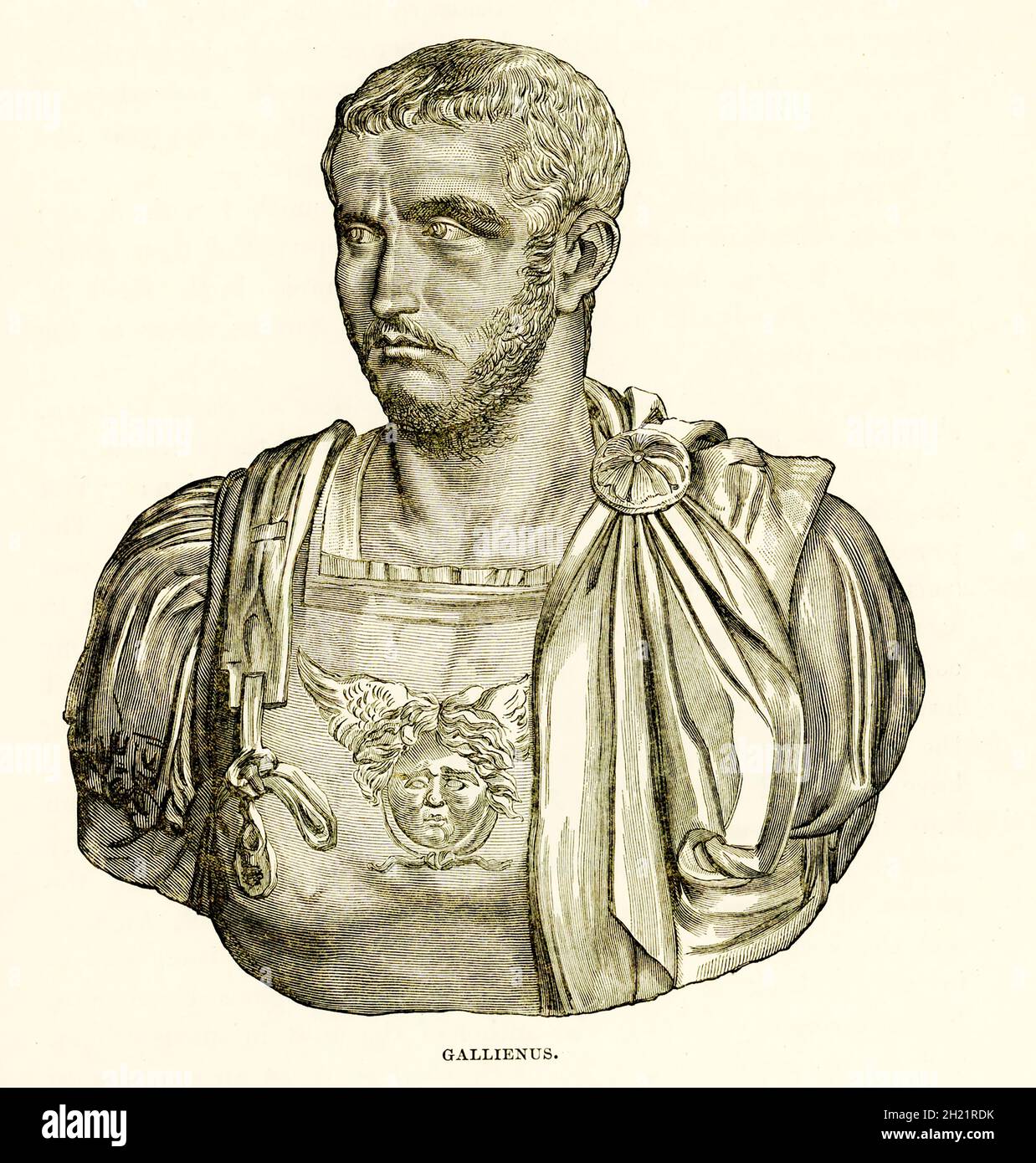

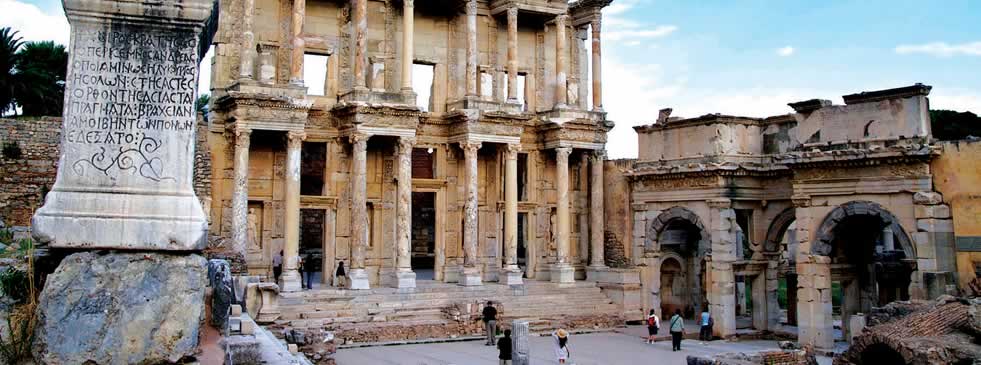

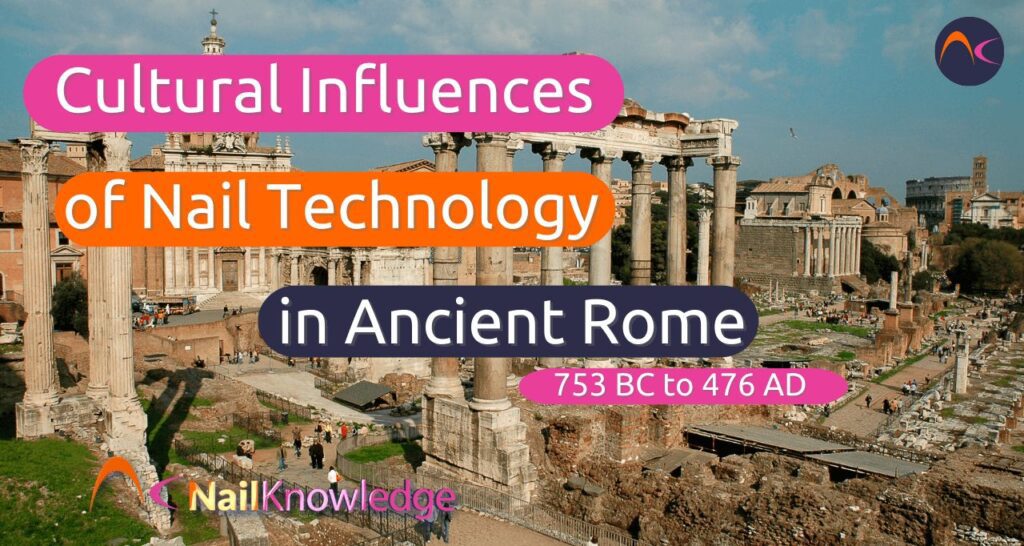




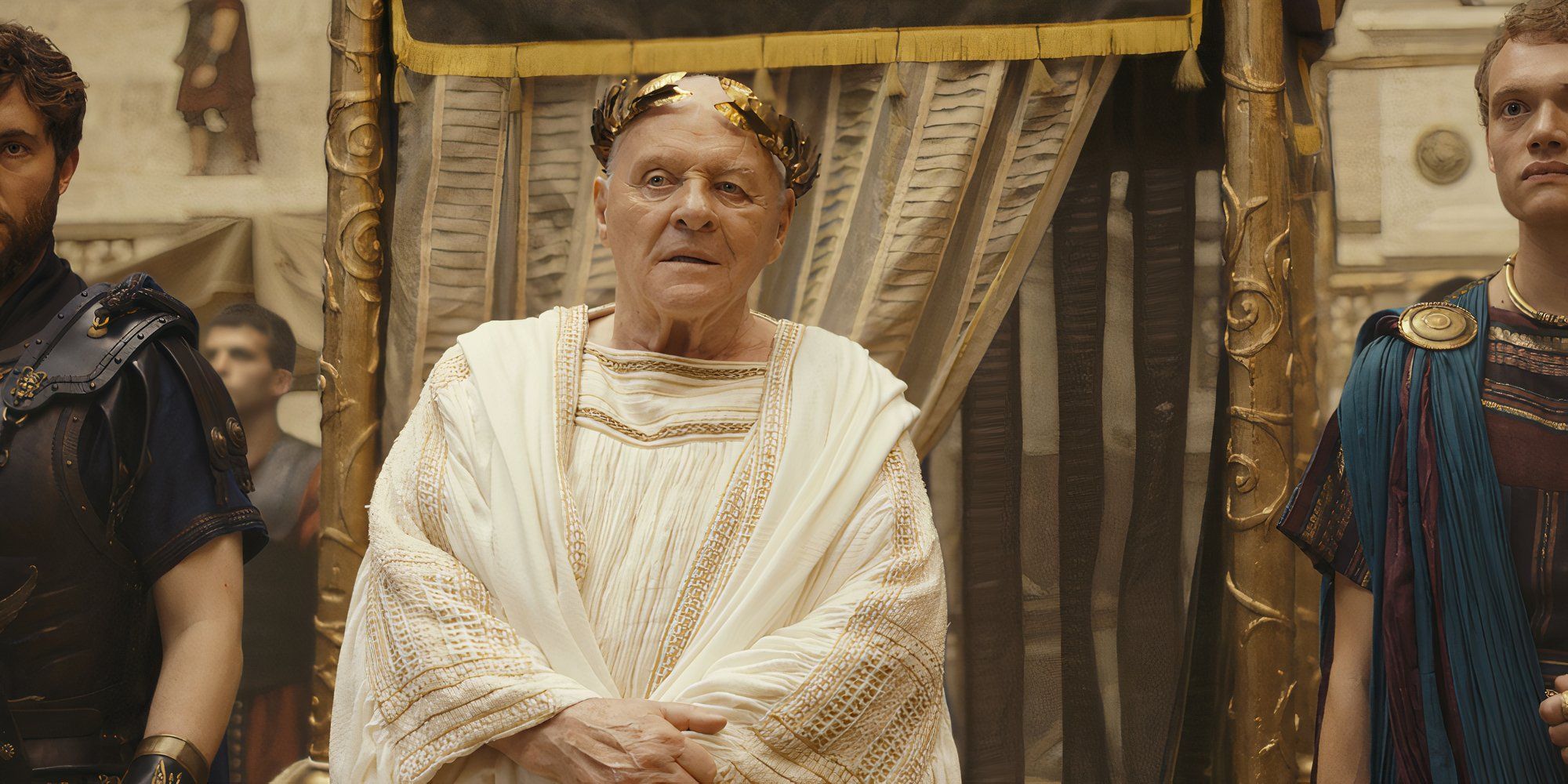
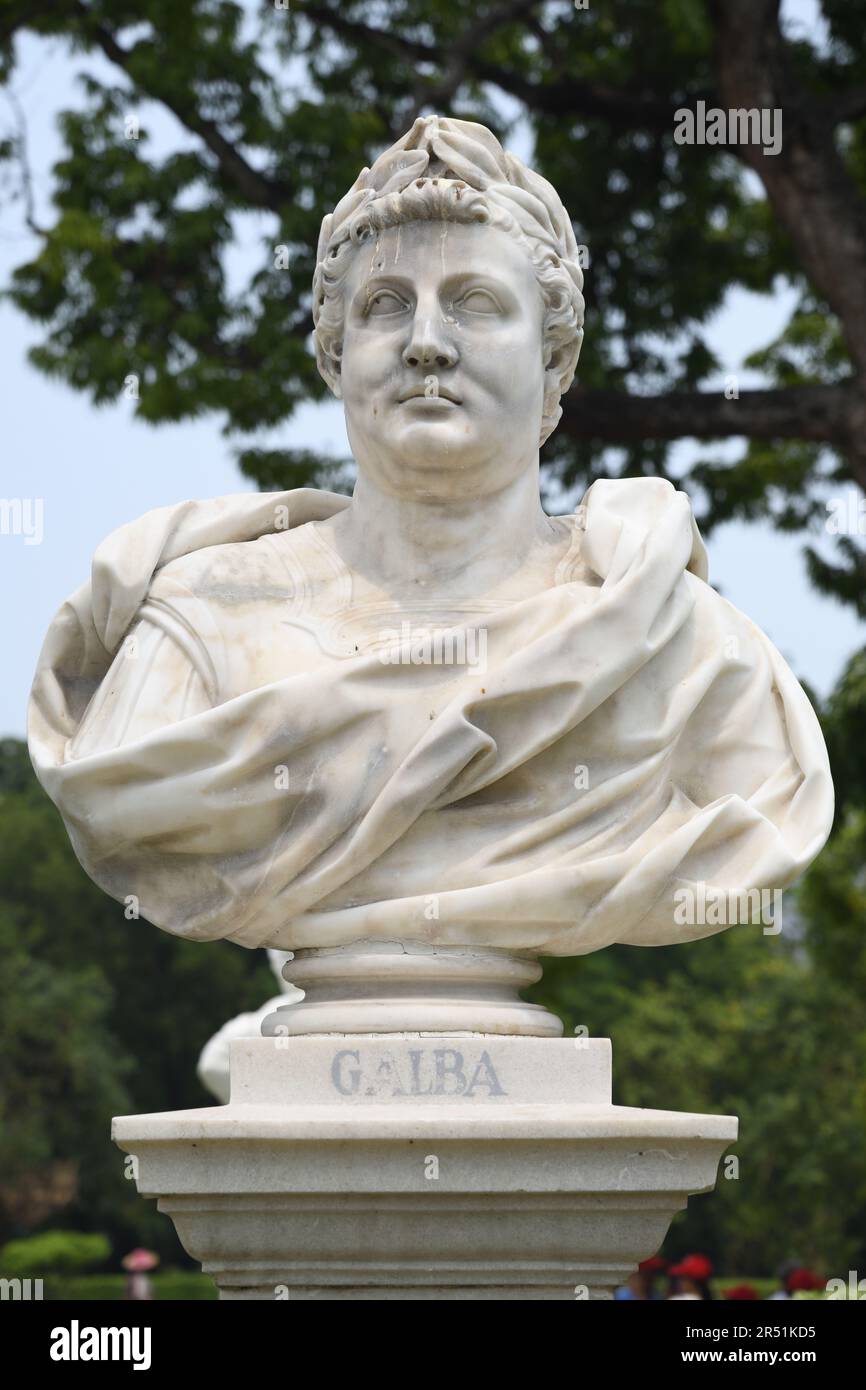

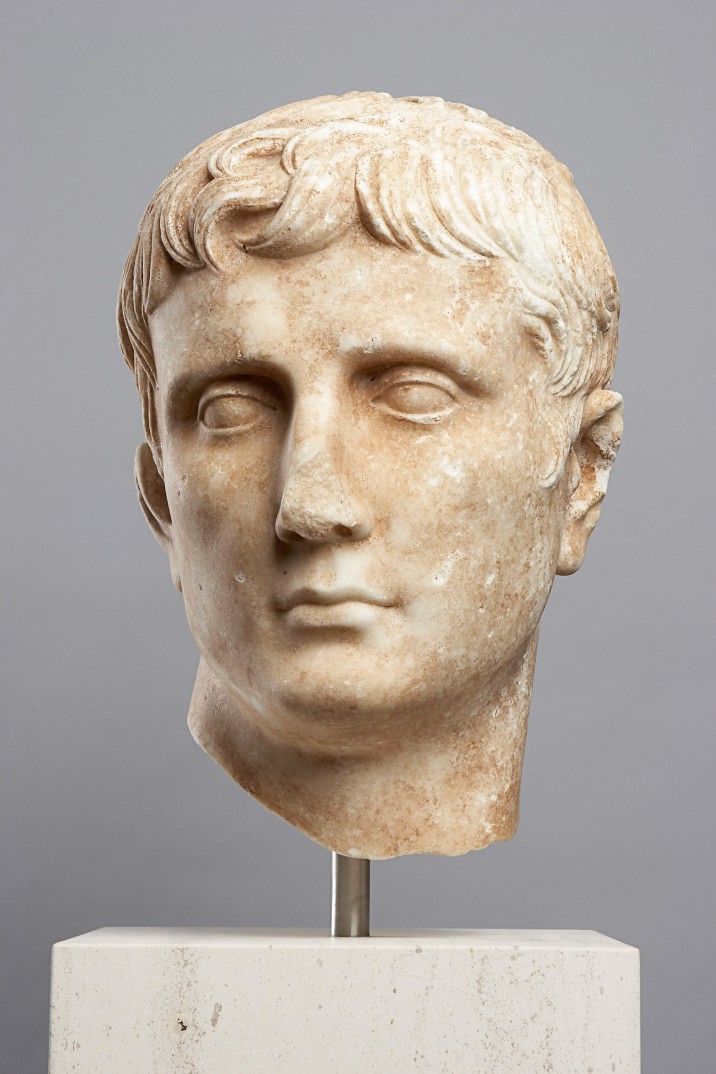



:focal(1134x648:1135x649)/https://tf-cmsv2-smithsonianmag-media.s3.amazonaws.com/filer_public/49/26/4926c5f7-b1c9-4b5c-842c-cfe6cdb13a1d/panoramica_1.jpg)
Comments